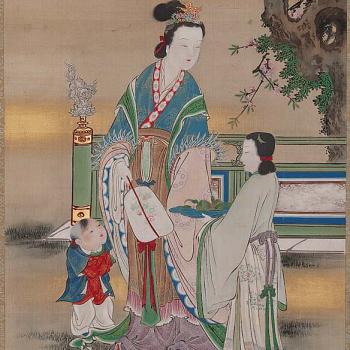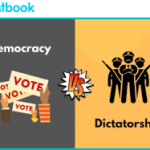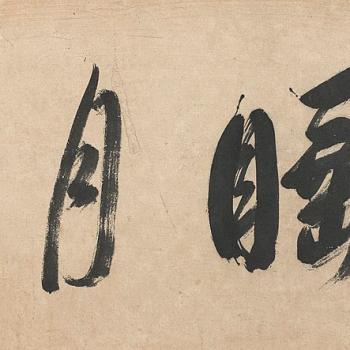Now Featured in the Patheos Book Club
Souljourn
By Jim Burklo
Jim Burklo, Associate Dean of Religious Life at the University of Southern California, is surrounded by academics. At a university, textbooks -- filled with facts and concepts and arguments -- rule. Yet, here we have a novel, a spiritual pilgrimage of a young man's exploration of truth. Jim Burklo draws in his readers with the big questions, desert phenomena, apparitions, a passionate quest, and the serendipitous events that render meaning to life.
As part of the Patheos Book Club on "Soulourn," Jim talked with Patheos about his novel, how it came about, and what we might discover in reading it.
Where did you get the idea for a novel like this? Were there key experiences or events that triggered this idea?
In my role as the Associate Dean of Religious Life at the University of Southern California, I started a program called Souljourn, in which we take students to visit houses of worship of different religions in the Los Angeles area. Dr. Diana Eck of the Harvard Pluralism Project has determined that Los Angeles is the most religiously diverse city in the world. By way of illustration, she says that there are more varieties of Buddhism being practiced in Los Angeles than are being practiced in Bangkok, which is a Buddhist city! For years we've been exploring this breathtaking local religious landscape. These fascinating trips motivated me to write the novel. "Souljourn," the novel, illustrates that even in America's widest-open spaces, you can find remarkable religious diversity today. The novel invites the reader to engage in interfaith exploration in his or her own back yard.
Another inspiration came from my friendships with faith-based border justice activists in the Tucson, Arizona area. For almost two decades I've been taking or sending groups of students to the area to learn about the humanitarian crisis on the border. I have very deep admiration for these activists, some of them involved for over thirty years in this work. They put their faith into action for justice and compassion.
Several years ago, I started a project called Pluralism Sunday, in which churches around the world celebrate the world's religious diversity. It is a way for our progressive churches to embody the idea that other religions can be as good for others as our Christian faith is for us. How could the religion of a humble man, Jesus, claim to be the one and only true religion for humankind? As a Christian, maintaining a humble attitude toward my religion is integral to my religion itself. The novel is my artistic means of spreading the "gospel" of religious pluralism, inviting readers to take an attitude of humility toward their own faiths and of deep curiosity toward others.
The protagonist of your novel is a teenaged boy named Joshua. Are you Joshua? Has this been your journey?
Josh has become a good friend of mine through the writing of this book! While we are very different people, we do have a lot in common. I, too, was a teenager prone to moments of slack-jawed awe that led me deeper and deeper into exploration of the religions of the world. A frustrated pastor once told me that if I kept asking so many questions, I'd question my way into theological seminary. That's exactly what happened! And, of course, seminary just multiplied the questions, which I'm still asking. The joy of my job is hanging out with brilliant and sincere students from around world and from all the world's faith traditions, asking them questions about their spirituality, and listening to them do the same. Through them, I'm surrounded by Josh every day! Josh as a character was very much inspired by my student friends both at USC and at Stanford.
In what ways has your own career been an exploration of spiritual realities?
I've worked as a faith-based community organizer, nonprofit agency director, church pastor, and university campus minister before coming to my current job. In every job I've held, there has been an interfaith aspect. And in every role, I've had the opportunity to serve as a "spiritual midwife," being present as people discover and refine their souls' journeys. I am so grateful for the sacred moments I've witnessed in their lives, which have impressed upon me the preciousness of people's subjective experiences of meaning. They may use very different religious or spiritual language to describe these experiences; each language offers a distinctive perspective, greatly enriching my own experience.
Working as you do with college-aged young people, what would you say are the greatest spiritual dangers they face, and how might a "Joshua"-type experience benefit them?




